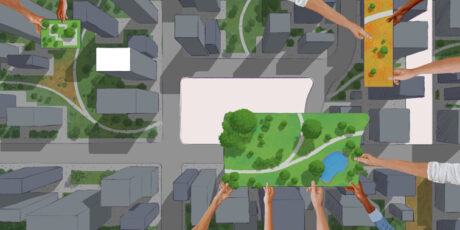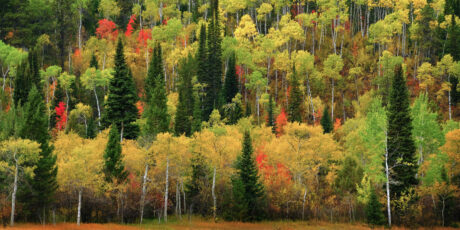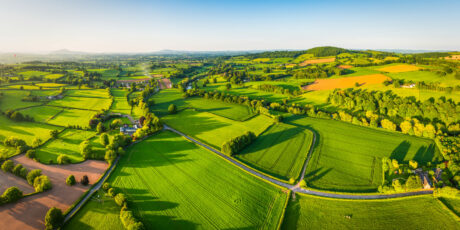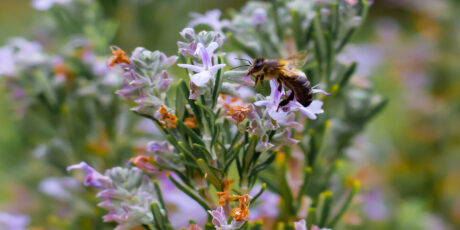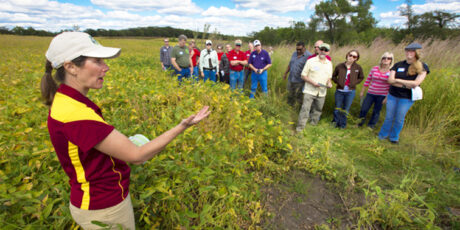
Land in Balance
How can land meet the needs of both humans and other living things?
Land use can seem to be an “either-or” proposition: meet human needs or the needs of nature. As population and consumption grow, Ensia looks at how we can produce food and other goods while protecting natural systems.

Can we protect ocean ecosystems and support thriving fishing and ocean energy industries, too?
Ireland’s struggle to balance competing interests offers insights for others weighing the options.
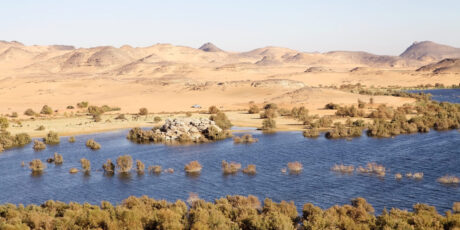
How a popular hunting destination in Egypt is looking to become an ecotourism hot spot
In order to protect migratory birds, officials are trying to make Lake Nasser an ecotourism destination, with boat owners who previously guided hunters serving as custodians of biodiversity.
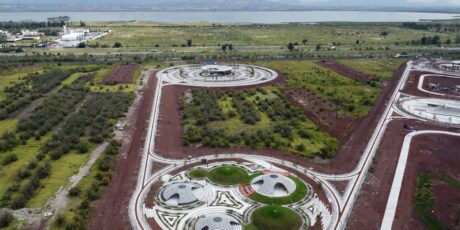
A huge park outside of Mexico City serves as a climate-adaptation model
The park aims to restore the hydrological basin of the Valley of Mexico, provide greenspace for residents and combat climate change. Can it be an example for other projects?
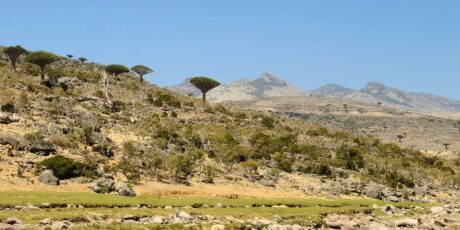
Amidst ongoing conflict, efforts to save this endemic tree are threatened
On Yemen’s Socotra island, poverty and political disruption hinder efforts to give its prized dragon’s blood tree a future

Why it’s important to let sediment reach the shore
Sediment built up behind dams has negative affects downstream, so experts argue we need to reconnect rivers to floodplains.
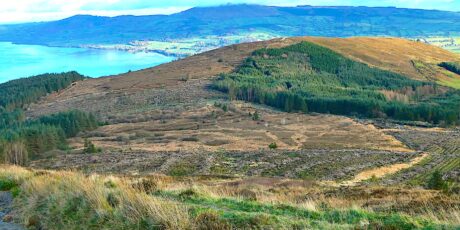
Can forest expansion balance climate change, economic growth and ecological health?
When it comes to managing woodlands to meet multiple needs, Irish activists underscore the importance of considering the forest as well as the trees.

If you care about conservation, read this
From printable DNA to bird-bashing buildings these 15 issues are likely to have a big impact on biodiversity in 2024.
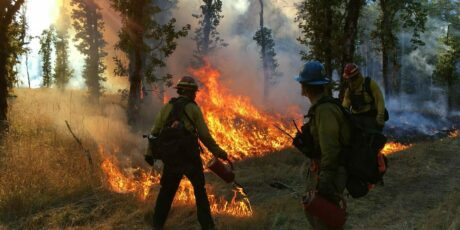
What happens when U.S. insurers stop covering prescribed burns?
Prescribed fires are a positive land management method, but when the flames occasionally escape control, the resulting damage to land and private property also hurts this conservation tool’s reputation.

Opinion: Why understanding limits is the key to humanity’s future
We need to view limits not as restrictions to be fought against, but as boundaries that enable systems to work.
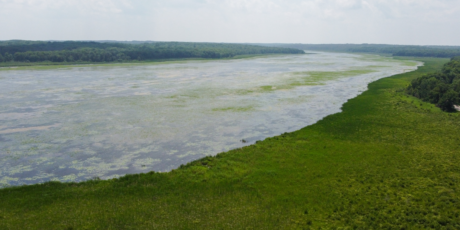
In northern Minnesota, wild rice is being threatened by climate change and increased rainfall
STORY FROM SAHAN JOURNAL | Tribal, state and federal governments are working to adapt to the changing environment to ensure wild rice, or manoomin as wild rice is called in the Ojibwe language, lives on in Minnesota
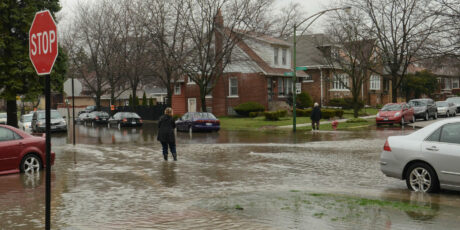
Inundation and Injustice: Flooding presents a formidable threat to the Great Lakes region
Throughout the Great Lakes region, archaic wastewater systems, crumbling infrastructure and segregated housing create a perfect storm of flooding vulnerability.
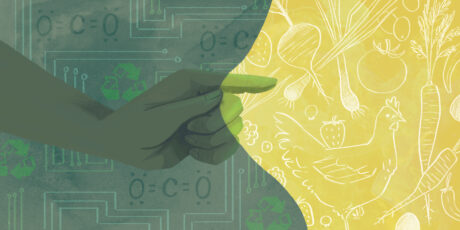
Opinion: Climate-friendly food systems start with different values, not technologies
If we want to transform our relationship with food, we need to think about more than just productivity and carbon.
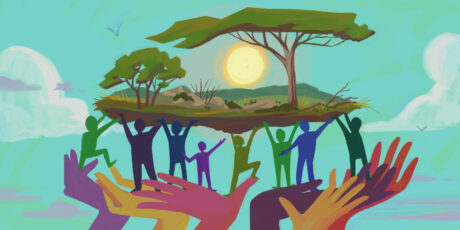
Opinion: Evolving toward community-led conservation
To achieve biodiversity goals, conservation organizations need to ensure local residents play a lead role in designing and implementing initiatives.
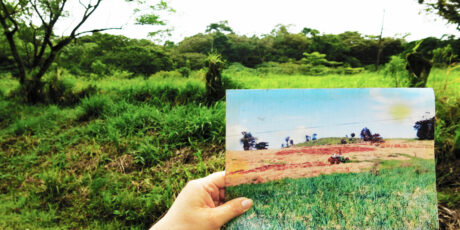
Resource-rich countries find it pays to pay landholders to protect their land
By compensating landholders for land restoration, government programs support services worth more than the cost
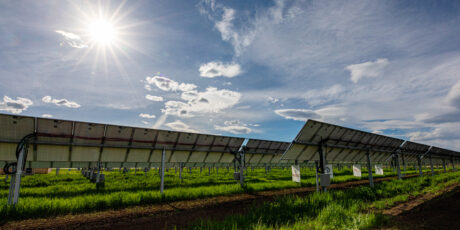
A solar solution to the West’s changing climate?
Growing crops beneath solar panels can shrink agriculture’s thirst for irrigation while providing food and electricity, too

Top conservation issues to watch out for in 2023
15 emerging issues that anyone who cares about biodiversity ought to keep an eye on
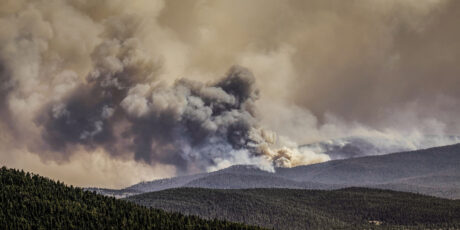
What does forest restoration in the U.S. Southwest look like in the age of climate change?
After megafires in the region, some forest systems may never return to their pre-fire conditions. Now, ecologists are redefining how forest ecosystems might be restored in a way that increases resiliency.
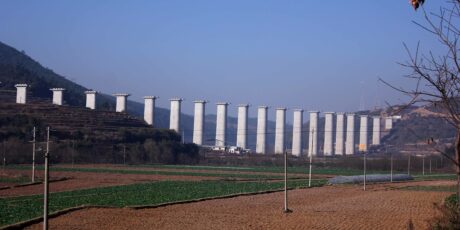
Are China’s pledges to green its Belt and Road Initiative the real deal?
Some are skeptical of claims the country’s massive global infrastructure program can be sustainable
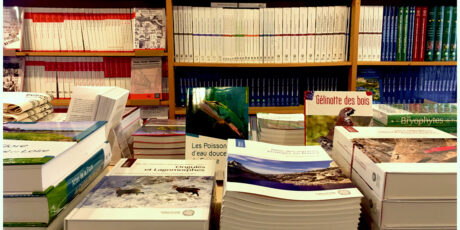
Language barriers in conservation research could be hurting biodiversity efforts. What can be done about it?
Some researchers say that ignoring non-English papers could have disastrous consequences for conservation
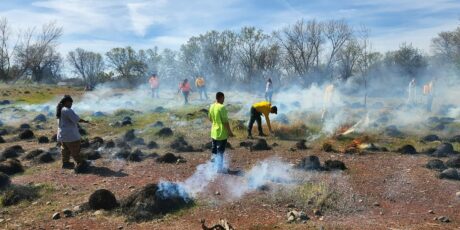
Can traditional knowledge keep California from going up in flames?
This “indigenous revolution” aims to prevent catastrophic blazes, protect biodiversity, and enhance cultural and economic well-being at the same time
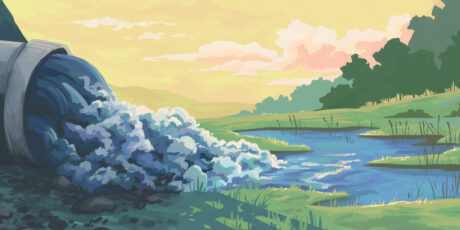
To minimize harm from floods and droughts, we need to understand what water wants
As climate change alters the movement of water on land and in the air, a call for Slow Water
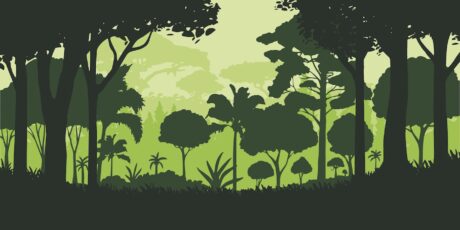
Opinion: This pillar of the rainforest needs support
Enforcement, policy and funding are critical if Indigenous people are to continue to sustainably manage mahogany
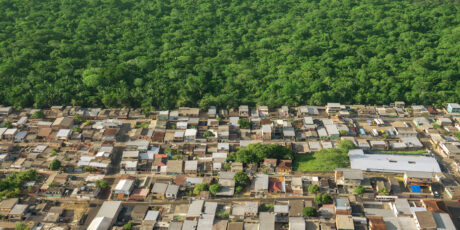
Nine things we can do now to protect the environment and reduce the risk of another pandemic
Important ways we can help minimize the risk of future disease by rethinking how we farm, eat, trade and interact with other species
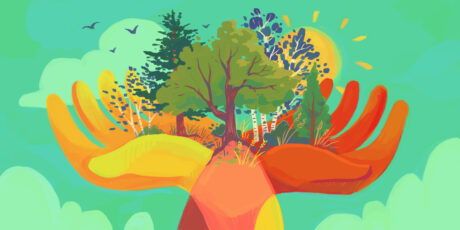
Opinion: We need Nature-POSITIVE Solutions to address the climate crisis
“Nature-Based Solutions” and “Natural Climate Solutions” leave too much room for greenwashing
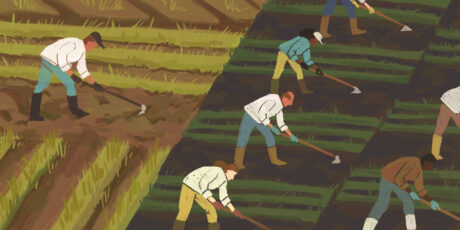
Opinion: When it comes to food production, “Does it scale?” is often the wrong question
Evaluating radical new solutions based on whether they scale can be directly at odds with the very nature of these solutions.

Look what’s on the conservation horizon
15 things biodiversity protectors are watching out for in 2022
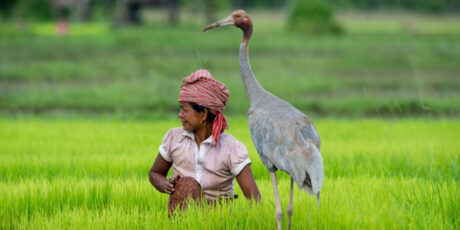
The global coronavirus pandemic has revealed cracks in the foundation of conventional conservation funding. What should we do instead?
With Covid-19 upending conventional sources of conservation funding, conservationists are rethinking how to fund their work.
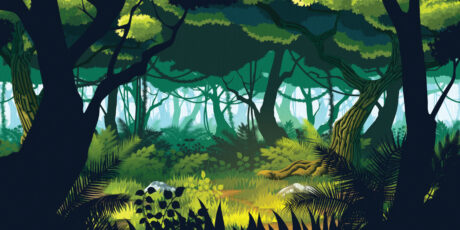
Opinion: Seven strategies that offer hope for rainforests
Company policies, new technologies, innovative financing and more are brightening prospects for the tropical rainforests — but time is short.
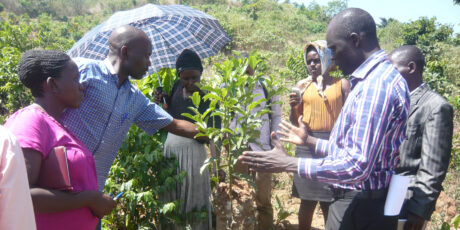
In semi-arid Africa, farmers are transforming the “underground forest” into life-giving trees
Revitalization of a traditional agricultural practice known as farmer managed natural regeneration is bringing new life to millions of acres of degraded land while boosting food, fuel, habitat and carbon storage.
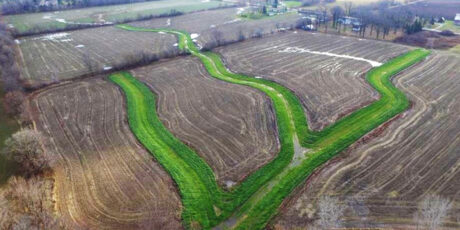
What a project in Wisconsin can teach others about working with farmers to reduce phosphorus runoff
Adoption of best management practices on farms near Green Bay, Wisconsin, could help answer nagging questions about how well these strategies work to reduce nutrient pollution.
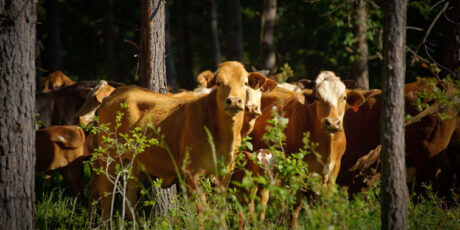
Can we meet a growing need for food without destroying our environment?
An evolving concept called “sustainable intensification” aims to bridge the gap between conventional agriculture and organic farming
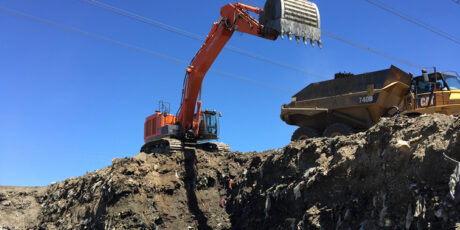
Why aren’t we mining landfills for valuable materials like metals and soil?
Many old dumps contain useful materials. Whether they’re worth extracting depends on how we value other benefits such as preventing pollution and reducing greenhouse gas emissions.
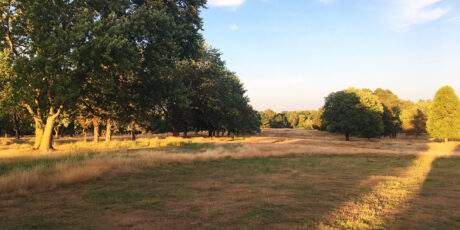
As hundreds of golf courses close, nature gets a chance to make a comeback
Bogeys may be gone, but birdies and eagles thrive as former greens and fairways are transformed into wild spaces.
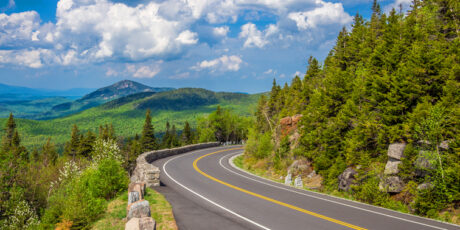
How grizzlies, monarchs and even fish can benefit from U.S. highways
Roads often present peril for wildlife - but with good planning, they can benefit animals instead.

How a new way of thinking about soil sparked a national movement in agriculture
As word gets around that soil is alive, farmers have adopted a whole new attitude toward their land

OPINION: We only have one Earth, so we better start taking care of it.
Clocks are ticking, and the only planet we have to live on is changing right before our eyes. What are we going to do about it?
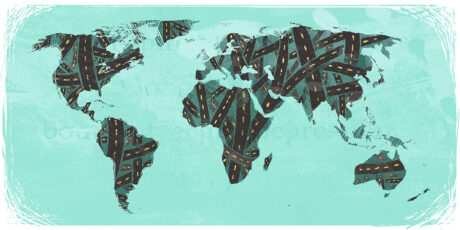
OPINION: If Our Planet Had a Say, Here’s Where Future Roads Would Go
A new global ‘roadmap’ shows where to put roads for maximum benefit and least cost to the Earth.

From insect larvae to vat burgers, alternatives to conventional meats are emerging around the world
Sensitized to the environmental costs of livestock, a new generation eyes options for changing our carnivorous ways.
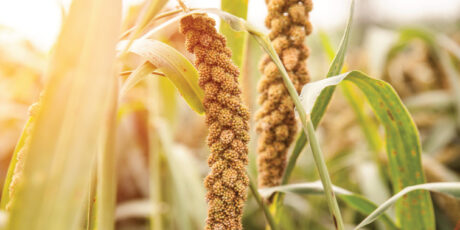
Getting beyond wheat, corn and rice
Some uncommon grains have environmental advantages that could be beneficial in a changing world. But making the uncommon common can be difficult.
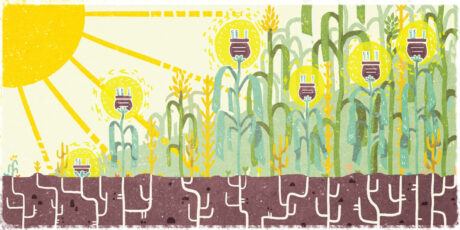
OPINION: Food + Energy = Crisis?
Bringing intensive farming practices to the developing world could help meet escalating food demand. But such practices need lots of energy — creating new challenges.
